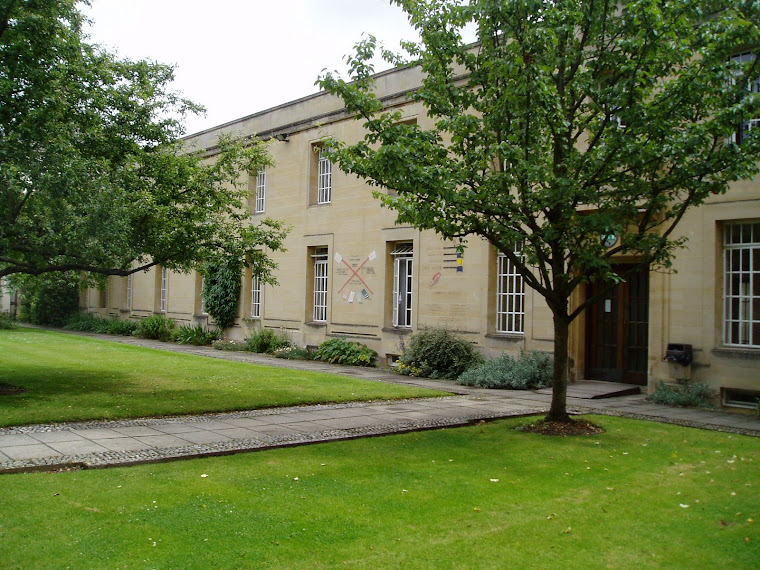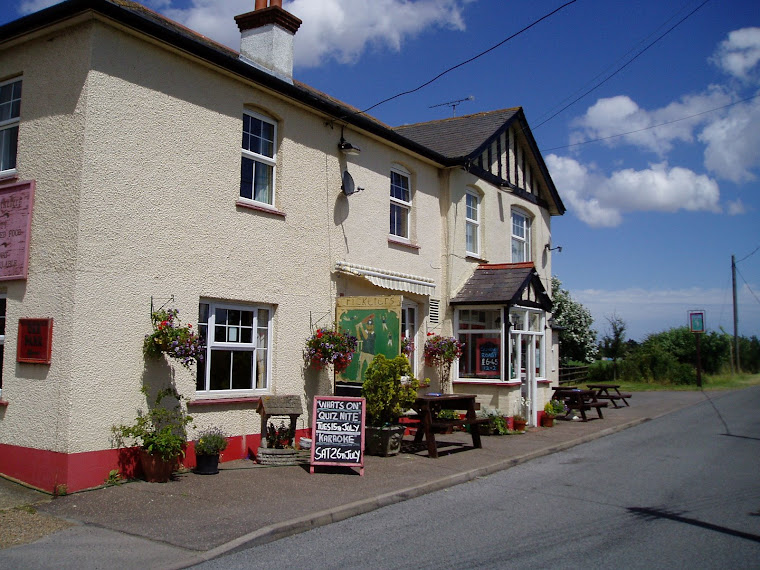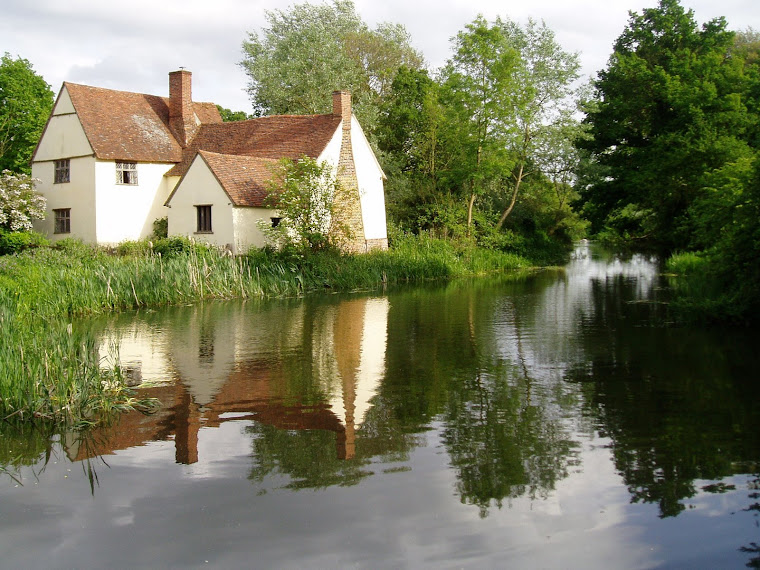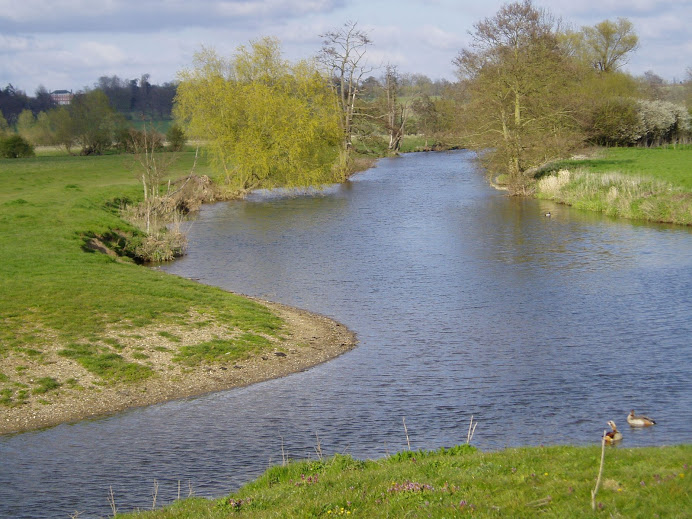John Bunyan (1628-1688) is one of my heroes. The more I learn about him, the more I admire him.
He did not have a very formal education. JB did not study at Oxford or Cambridge, like many Puritan divines, but earned his living as a tinker/brazier. Today he would have probably been rejected by theological colleges, ministerial committees and church diaconates because he lacked qualifications. On the other hand, had some of these ecclesiastical bureaucrats seen or read his books or heard him preach they would have probably changed their minds. (John Owen, the great Puritan theologian, held him in very high regard.) The Church of England clergy in the late 17th century saw him as a criminal who deserved a custodial sentence. And that is what he received when JB was brought before local magistrates in Bedfordshire and was asked to refrain from preaching. JB refused to do so as he believed he was called and commanded to preach the Gospel and to obey God rather than men. JB suffered for his principles and conscientious stand as he was kept in Bedford Prison, at his majesty's pleasure, for a total of 12 years. While King Charles II enjoyed the fleshpots of London, JB languished in an unpleasant jail cell. JB worked during his sentence by making leather boot laces to earn a living. During his time in prison he was far from idle; he wrote books. (King Charles developed a taste for fine wine, fine food and finely dressed women. He had many mistresses and bastards, enjoying wine, women and song, and plenty of theatrical entertainment. King Charles Stuart II would have been, no doubt, at home in Vanity Fair.)
The Conventical Act of 1664, in the reign of the adulterous, lascivious, and licentious King Charles II, forbade church gatherings that did not use the Book of Common Prayer. In 1662 the Act of Uniformity required all clergy to give unfeigned consent and assent to this Prayer Book. Consequently about 2,000 clergy were ejected from their livings and were driven into non-conformity.
Continued and amended on Friday 7 September 2012.
In 1665, the year of the Great Plague of London, the Five Mile Act was passed to prevent ejected clergy coming within five miles of a city or corporate town. This wicked act attempted to stop these ministers earning a living, pastoring a congregation and preaching the Gospel. Those who did not consent to the Church of England's articles and ordinances in the Prayer Book were known as non-conformists and dissenters. These Acts of Parliament were known as the Clarendon Code (named after Lord Clarendon). JB was one of the best known dissenters who fell foul of these repressive acts.
Throughout his life JB wrote 68 books. Pilgrim's Progress is the most famous, and is still a best seller. (It is available in paperback for only £1, in 2012, which is great value.) It is one of the best known books in the English language. It has been translated into many languages. Its eleventh edition came out in 1688, the year of JB's death. Bunyan's The Holy War and Grace Abounding are also in available in print. Today his famous hymn is still sung in churches and the words continue to inspire Christians throughout the world. C.H. Spurgeon, the great Baptist preacher, treasured it. He once said, "Next to the Bible, the book I value most is Pilgrim's Progress." This book has inspired plays, comic books, television programmes, sermons, blogs and films. Some of the films are hard to obtain.
To be continued.
He did not have a very formal education. JB did not study at Oxford or Cambridge, like many Puritan divines, but earned his living as a tinker/brazier. Today he would have probably been rejected by theological colleges, ministerial committees and church diaconates because he lacked qualifications. On the other hand, had some of these ecclesiastical bureaucrats seen or read his books or heard him preach they would have probably changed their minds. (John Owen, the great Puritan theologian, held him in very high regard.) The Church of England clergy in the late 17th century saw him as a criminal who deserved a custodial sentence. And that is what he received when JB was brought before local magistrates in Bedfordshire and was asked to refrain from preaching. JB refused to do so as he believed he was called and commanded to preach the Gospel and to obey God rather than men. JB suffered for his principles and conscientious stand as he was kept in Bedford Prison, at his majesty's pleasure, for a total of 12 years. While King Charles II enjoyed the fleshpots of London, JB languished in an unpleasant jail cell. JB worked during his sentence by making leather boot laces to earn a living. During his time in prison he was far from idle; he wrote books. (King Charles developed a taste for fine wine, fine food and finely dressed women. He had many mistresses and bastards, enjoying wine, women and song, and plenty of theatrical entertainment. King Charles Stuart II would have been, no doubt, at home in Vanity Fair.)
The Conventical Act of 1664, in the reign of the adulterous, lascivious, and licentious King Charles II, forbade church gatherings that did not use the Book of Common Prayer. In 1662 the Act of Uniformity required all clergy to give unfeigned consent and assent to this Prayer Book. Consequently about 2,000 clergy were ejected from their livings and were driven into non-conformity.
Continued and amended on Friday 7 September 2012.
In 1665, the year of the Great Plague of London, the Five Mile Act was passed to prevent ejected clergy coming within five miles of a city or corporate town. This wicked act attempted to stop these ministers earning a living, pastoring a congregation and preaching the Gospel. Those who did not consent to the Church of England's articles and ordinances in the Prayer Book were known as non-conformists and dissenters. These Acts of Parliament were known as the Clarendon Code (named after Lord Clarendon). JB was one of the best known dissenters who fell foul of these repressive acts.
Throughout his life JB wrote 68 books. Pilgrim's Progress is the most famous, and is still a best seller. (It is available in paperback for only £1, in 2012, which is great value.) It is one of the best known books in the English language. It has been translated into many languages. Its eleventh edition came out in 1688, the year of JB's death. Bunyan's The Holy War and Grace Abounding are also in available in print. Today his famous hymn is still sung in churches and the words continue to inspire Christians throughout the world. C.H. Spurgeon, the great Baptist preacher, treasured it. He once said, "Next to the Bible, the book I value most is Pilgrim's Progress." This book has inspired plays, comic books, television programmes, sermons, blogs and films. Some of the films are hard to obtain.
To be continued.



































































































































3 comments:
I find it very interesting that two of the greatest Baptist preachers and leaders, John Bunyan and C.H. Spurgeon, did not have any formal theological education. However, they both displayed great gifts of wisdom, knowledge and biblical understanding. Their works have stood the test of time and have helped many people find the narrow way, salvation in Christ.
It is said that James II was "too randy to rule" and his sexual impropriety caused considerable problems for the government of the day and the diplomatic services.
Sorry, it was Charles II who was said to be too randy to rule, not James the second. Both Kings named Charles were a disgrace to the monarchy and bad rulers.
Post a Comment